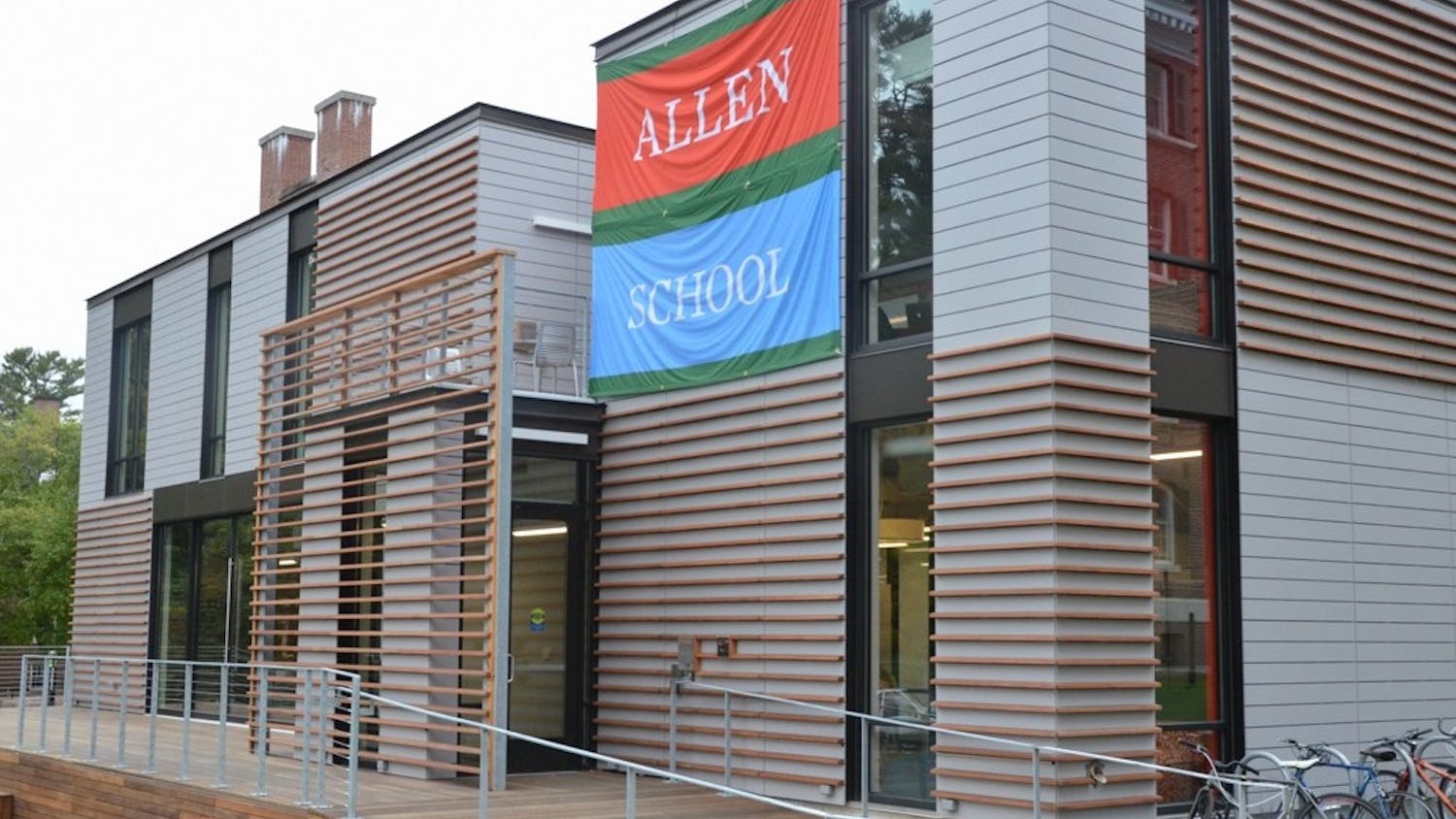The College’s new housing policy that restricts students’ access to residential buildings outside of their own House communities has sparked a debate over how building access affects student safety and well-being, and a petition drafted and circulated by Student Assembly leadership demanding a reversal of the policy has garnered nearly 3,000 signatures.
Director of residential education and associate dean of residential life Michael Wooten told The Dartmouth in early September that the change, which restricts students from dorms and House centers outside of their housing community, came in response to a request from Student Assembly after a series of racial bias incidents last October.
Under former president Monik Walters ’19 and former vice president Nicole Knape ’19, Student Assembly passed a resolution calling for “additional security and technological measures, including but not limited to technology to monitor or regulate entering and exiting dorms after an incident.” However, Student Assembly’s new president Luke Cuomo ’20 and vice president Ariela Kovary ’20, denied requesting a change of this nature and issued a statement strongly opposing it. Additionally, Student Assembly emailed a petition to the undergraduate student body on Sept. 18 that solicited signatures in opposition to the dorm access restrictions.
Cuomo said that the petition received over 2,900 signatures, approximately two-thirds of the undergraduate student body, which he said demonstrates widespread support for changing the current policy.
Cuomo and Kovary told The Dartmouth that there was “miscommunication” between the College and the previous Student Assembly administration. Cuomo added that while he believes the Office of Residential Life was “well-intentioned” when creating the policy, he disagrees with how the decision was made.
“This decision was taken in a way ... that didn’t adequately notify students,” Cuomo said.
Wooten said that the new policy was “somewhat in concert with some conversations and things happening with Student Assembly last year, but was also something that we had, of course, been thinking about.”
Wooten said that although Student Assembly may not have asked for this specific change, they did ask the administration to “reexamine” issues surrounding access and safety on campus.
According to Wooten, Walters and Knape had previously discussed with him the possibility of adding additional cameras to dorm buildings to reduce bias incidents, but he had rejected the idea on the grounds of student privacy. Wooten characterized the new policy as a way to address concerns about bias incidents while still respecting privacy. Wooten added, however, that he may have made a mistake in citing Student Assembly when he announced the new policy.
Nonetheless, he said that he believes Walters and Knape would have supported the change.
“My belief was yes, that they supported [the new policy],” Wooten said. “You would have to talk to them about how they recall those conversations.”
Walters and Knape told The Dartmouth that they support the actions of Cuomo and Kovary.
“We never had a formalized conversation about the policy that the administration was already planning on pushing out, so when we had heard about it, we heard about it in the context of what was already in motion,” Walters said. “We are on board with what Luke and Ariela propose as amendments to the policy.”
Wooten said that he knows reducing access is not a “silver bullet” for acts of bias on campus.
“No one believes that,” Wooten added. “What we do believe is that it moves the needle in the direction of safety.”
Cuomo suggested that the policy could actually make campus less safe.
“There are potential unintended consequences of the dorm restrictions that could adversely affect safety in some regards,” Cuomo said.
Wooten directly addressed the claim that the policy decreased safety, saying that it is “categorically untrue” and counter to the advice he has received from safety professionals.
“I don’t know of any community that would argue that limiting access to itself creates a higher level of unsafety,” Wooten said.
Wooten also noted that at many peer institutions, students only have access to the buildings they live in, but said he feels that the situation at Dartmouth is different.
“There’s a real sense at Dartmouth that what makes us special is that we’re not like those other places and that there’s a culture of openness,” Wooten said.
Moving forward, both parties indicated optimism about the future. Wooten stated that the change “has highlighted some of the inequalities [between Houses] in our spaces” and said he felt that recent meetings with Cuomo and Kovary offer possible solutions to mitigate unintended consequences of the policy.
Cuomo and Kovary likewise stated that the administration has been working closely with them to move forward and reach a resolution.
Kyle Mullins contributed reporting.



